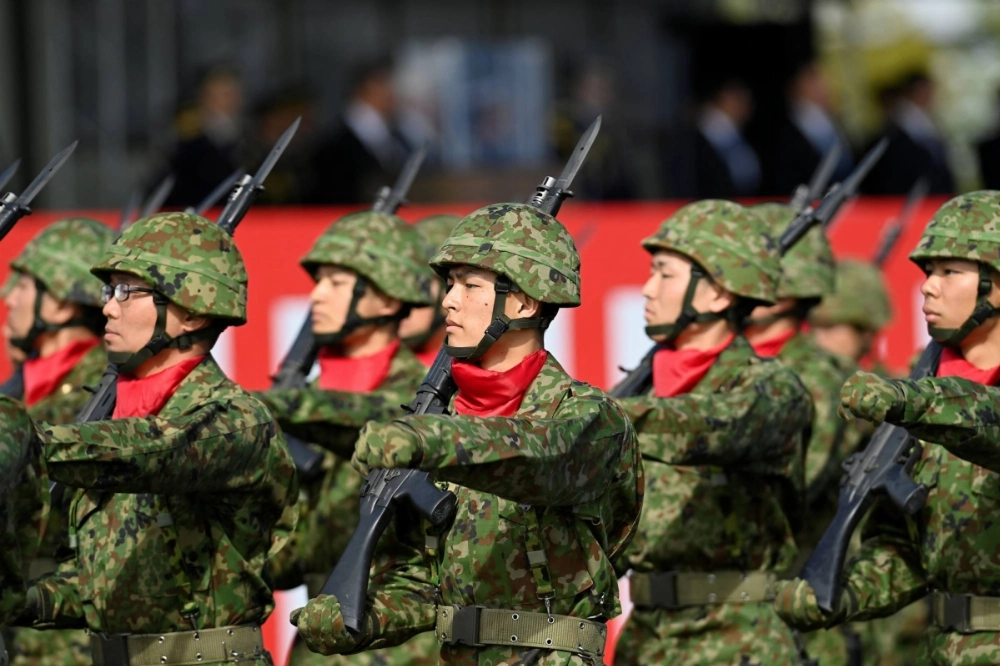In an effort to address a shortage of Self-Defense Forces personnel, the government has introduced measures to improve working conditions, including revising the pay structure and increasing duty allowances.
To support these initiatives, ¥409.7 billion ($2.7 billion) has been earmarked in the fiscal 2025 draft budget.
With Japan facing an increasingly severe regional security environment, securing personnel for key national defense roles has become an urgent priority.


















With your current subscription plan you can comment on stories. However, before writing your first comment, please create a display name in the Profile section of your subscriber account page.